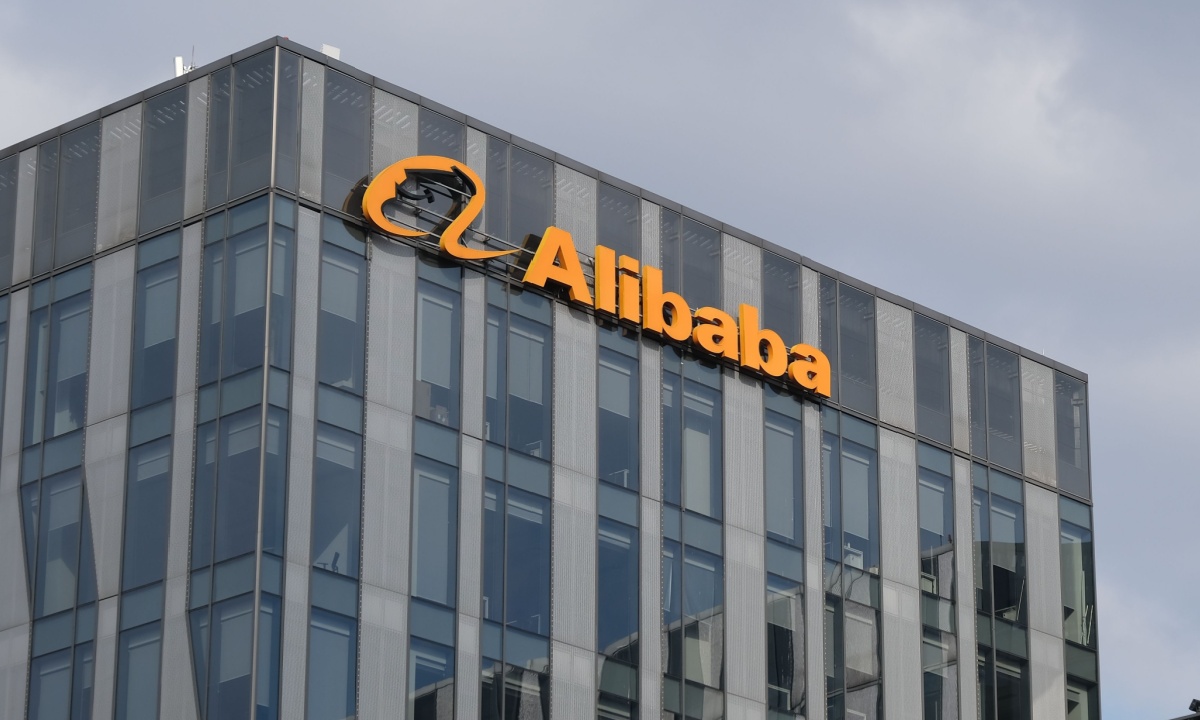Alibaba’s ambitious embrace of artificial intelligence (AI) is becoming a focal point of conversation surrounding its potential growth and market valuation, bringing the company into a competitive landscape where it could soon rival industry giants. Transitioning from its traditional eCommerce roots, Alibaba is making strategic investments to position itself as a powerhouse in AI and cloud technology, with eyes set on achieving a market capitalization of $1 trillion.
### Alibaba’s Shift Towards AI
Recent reports estimate that Alibaba has participated in AI-related deals totaling over $3.3 billion in the past three years. These investments span various sectors, including collaborations with AI model startups such as Moonshot and MiniMax, as well as robotics with companies like Limx Dynamics. This surge in investment highlights Alibaba’s commitment to not just staying relevant, but becoming a leader in the AI space—a commitment further reinforced by their plan to allocate approximately $53.42 billion towards AI and cloud infrastructure over the next three years.
### The Financial Commitment
This financial commitment is monumental, especially when compared to other private firms in China. Analysts suggest that Alibaba’s spending trajectory rivals the capital expenditure of established U.S. tech giants, a move that signals their serious intent to dominate the AI market. As noted by Wei Sun, a principal analyst at Counterpoint Research, Alibaba is positioning itself as “China’s most aggressive AI investor,” paving the way for potentially transformative developments in technology and business practices.
### Growth in Revenue and Market Potential
The financial implications of Alibaba’s AI investments are becoming increasingly evident. The company reported double-digit revenue growth, attributing a significant portion of this increase to its AI-driven products and services. In its recent earnings report, Alibaba disclosed that revenue from AI-related applications accounted for more than 20% of their revenue from external customers. This trend indicates not only a growing demand for AI capabilities but also a fundamental shift in how businesses are leveraging such technologies for development.
During their quarterly earnings call, Alibaba Group CEO Eddie Wu emphasized the promise of AI by stating, “We’re also seeing AI applications driving great growth momentum in traditional products, including compute and storage.” This acknowledgement highlights how AI is not merely an ancillary component of Alibaba’s offerings but is becoming integral to its business model.
### Competitive Landscape
As Alibaba pursues this expansive AI strategy, it faces competition not only from domestic companies but also from well-established international players. Their endeavor to reach a market value of $1 trillion involves navigating a landscape crowded with major tech companies that have long maintained a foothold in AI. Matthew Peterson of Peterson Capital Management suggests that achieving a valuation of this scale is plausible for Alibaba, given its current market capitalization of under $400 billion.
### Trends in B2B AI Adoption
The ripple effect of Alibaba’s AI initiatives extends beyond its business. The application of AI in business-to-business (B2B) spheres is gaining traction. A recent PYMNTS Intelligence report highlighted that over 80% of CFOs at large companies are either currently utilizing AI or are considering its adoption. This widespread acceptance points to a paradigm shift in how organizations approach decision-making processes, product onboarding, and efficiency enhancement.
Ryan Frere, the executive vice president and general manager of B2B at Flywire, noted that companies are increasingly recognizing viable applications of AI to enhance operational efficiency. It signifies a broader market trend that aligns with Alibaba’s pivot to AI, showing that as demand for AI solutions escalates in the B2B sector, Alibaba is positioned to capitalize on this trend.
### Conclusion: The Path Ahead
As Alibaba forges ahead with its aggression in the AI space, several elements must be considered concerning its trajectory. The ambitious financial investments, growth in revenue tied to AI products, and the evolving landscape of business AI applications collectively create a fertile ground for Alibaba’s aspirations.
Achieving the coveted $1 trillion market capitalization would require not only sustained investment and innovation but also navigating regulatory challenges, competition, and the ever-evolving landscape of consumer behavior and technology. While the potential is vast, the journey will be marked by both opportunities and challenges.
In conclusion, Alibaba’s shift toward AI is not just about keeping pace with industry advancements; it’s about fundamentally reshaping its business model to define the next era of technological innovation. By aligning itself at the forefront of AI, Alibaba could potentially alter its market trajectory, solidifying its place among the world’s largest and most influential companies. As this journey unfolds, the world’s eyes will be on Alibaba, eager to witness whether this giant can indeed reach the monumental milestone of a $1 trillion valuation.
Source link









